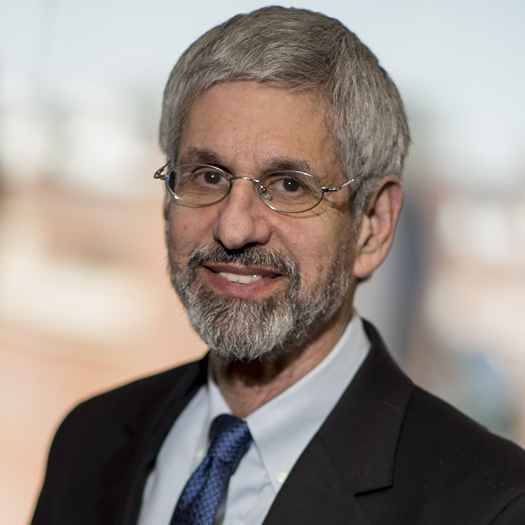Urea Cycle Disorders Consortium Foresees Innovation from Major NIH Funding

Washington, DC - Children’s National Health System’s Urea Cycle Disorders Consortium was awarded $6.25 million over the next five years in the latest round of funding from the National Institutes of Health (NIH) to perform clinical research and develop new treatments for patients with urea cycle disorders (UCD), rare but devastating genetic conditions.
Mark L. Batshaw, MD, Physician-in-Chief and Chief Academic Officer at Children’s National, is the principal investigator for the program. Mendel Tuchman, MD, Chief Research Officer and Scientific Director of the Children’s Research Institute, is the administrative director and co-principal investigator of the Urea Cycle Disorders Consortium. Marshall Summar, MD, Chief of Genetics and Metabolism at Children’s National and Ms. Cynthia LeMons, President of the National Urea Disorders Foundation are co-principal investigators.
This week’s funding announcement of the 2014 Rare Diseases Clinical Research Network (RDCRN) consortia and data management coordinating center marked the third five-year funding cycle for the Urea Cycle Disorders Consortium with Children’s National as its lead institution. Since its inception in 2003, the Urea Cycle Disorders Consortium (UCDC) has also received matching philanthropic support from the O’Malley Family Foundation, the Kettering Fund, the Dieter-Hopp Foundation, and the Rotenberg Family Foundation.
“The Consortium has assisted in bringing three new drugs to market to treat these devastating disorders that primarily affect children, leading to brain injury and often death,” says Dr. Batshaw. “The collaboration between physicians, scientists, the NIH, the patient advocacy group, and the pharmaceutical industry has provided a unique environment which has led to discoveries that have improved outcome for affected patients and could only have been dreamed about before the RDCRN came into being.”
There are several thousand rare diseases affecting 25 million Americans, but only a few hundred diseases have any treatments available. Many patients with rare diseases often struggle to obtain an accurate diagnosis and find the right treatments. In an effort to overcome such obstacles, the RDCRN consortia have become centers of excellence for diagnosis and monitoring diseases that few clinicians see on a regular basis.
Dr. Tuchman indicated that “the creation and funding of the UCDC has been the culmination of many years of clinical and research work by our group to improve the lives of children and adults with rare metabolic disorders. Patients with UCD now have a medical home and new hopes for a better future as a result of the research projects conducted by the UCDC.”
A decade ago, the UCDC became the first member of the RDCRN, and has since flourished into an international network of 14 academic centers in the U.S., Canada, and Europe, providing state-of-the-art care and conducting cutting edge clinical research. With the new award, scientists at the consortia will continue to conduct a longitudinal natural history study of affected patients to better understand the course of the disorders. The UCDC will also be testing additional new therapies, developing newborn screening technology, and studying brain function in affected individuals using advanced neuroimaging techniques.
Dr. Batshaw says, “The consortium has more than 650 participants enrolled in studies, ten times more than any previous study conducted in this group of rare disorders. The consortium also trains the next generation of rare disease researchers and clinicians, providing education on UCDs to health care professionals and the public.”
“NCATS seeks to tackle these challenges in an integrated way by working to identify common elements among rare diseases,” said NCATS Director Christopher P. Austin, MD. “The RDCRN consortia provide a robust data source that enables scientists to better understand and share these commonalities, ultimately allowing us to accelerate the development of new approaches for diagnosing and treating rare diseases.”
Contact: Joe Cantlupe at 202-476-4500.



